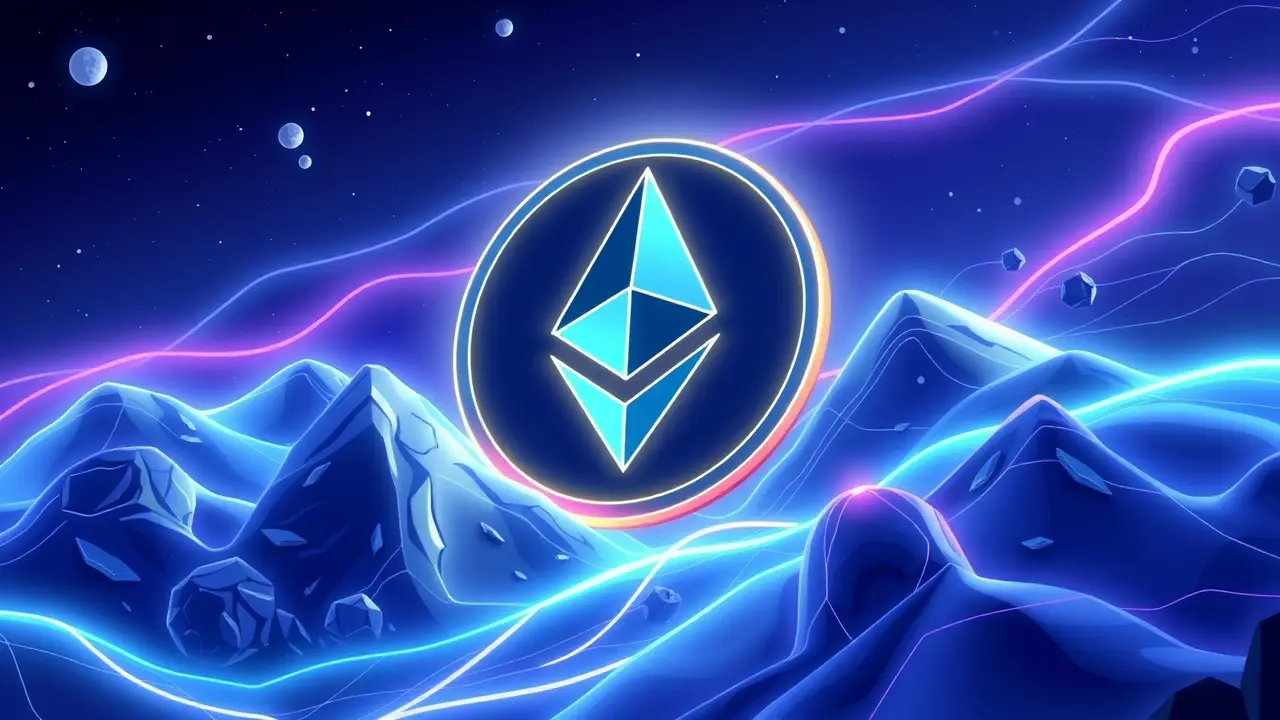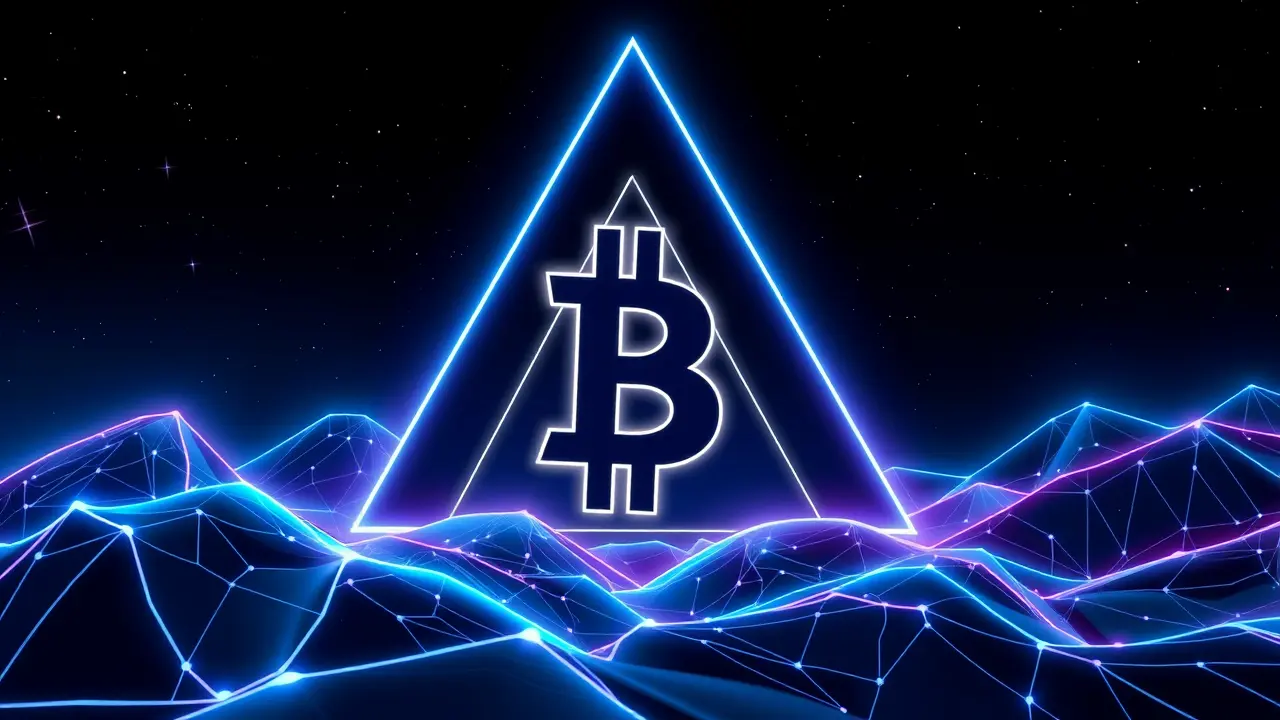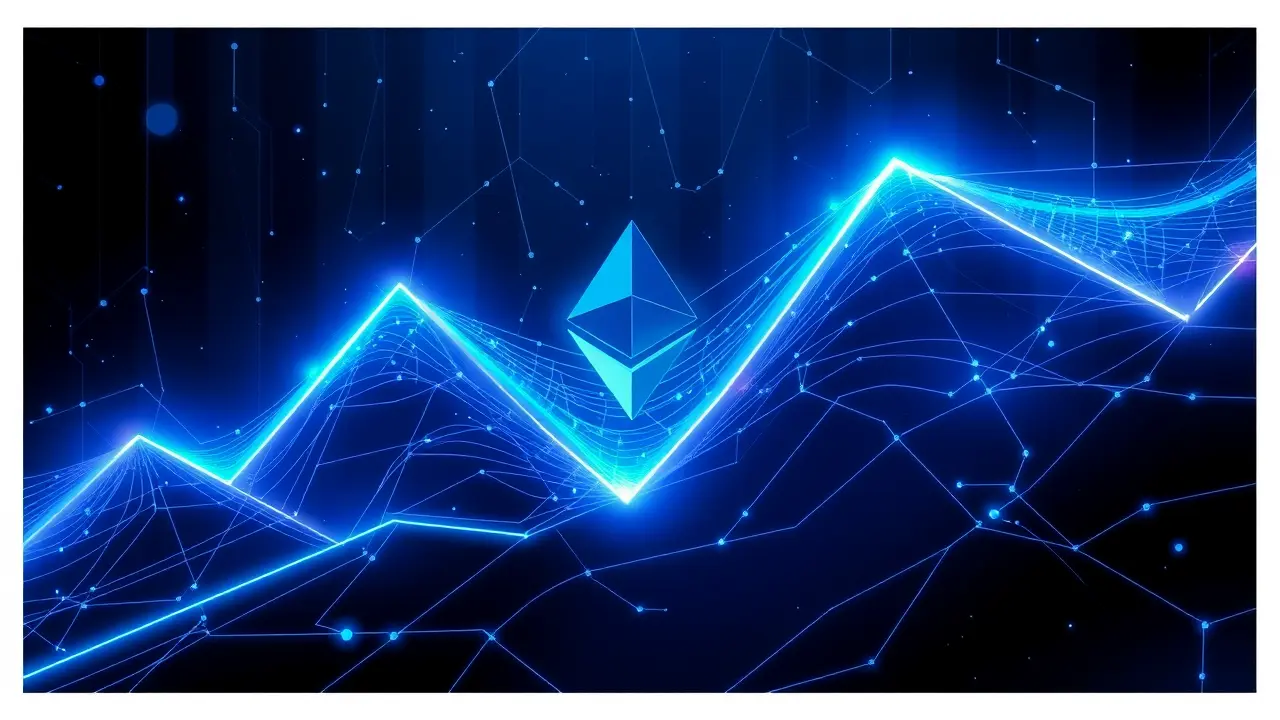
Cryptolayer-2Base
JPMorgan officially rolls out ‘JPM Coin’ deposit token on Base
CH
Chloe Evans
2 hours ago7 min read2 comments
The tectonic plates of global finance shifted perceptibly this week as JPMorgan Chase, the $500 billion behemoth of traditional finance, officially launched its ‘JPM Coin’ deposit token on the Base blockchain, a move that feels less like an experiment and more like a full-scale deployment of institutional capital onto the digital rails of the future. This isn't merely a pilot program; it's a statement of intent, made all the more significant by the cadre of elite financial players—including B2C2, Coinbase, and, most notably, Mastercard—who have already completed live test transactions using the token, designated as JPMD.For years, the narrative has been one of a cold war between the cloistered world of Wall Street (TradFi) and the rebellious, decentralized frontier of crypto (DeFi). What we are witnessing now is the beginning of a grand détente, a carefully orchestrated merger where the immense liquidity and regulatory heft of the old guard are being seamlessly fused with the programmable, borderless, and instantaneous settlement capabilities of blockchain technology.The JPM Coin itself is not a speculative cryptocurrency like Bitcoin or Ethereum; it is a regulated deposit token, a digital representation of U. S.dollars held on deposit at JPMorgan. Think of it as a programmable dollar, a unit of value that can be moved with the click of a button to settle a securities trade, facilitate cross-border payments for a multinational corporation, or act as collateral in a complex derivatives contract, all without the traditional multi-day delays and labyrinthine correspondent banking fees.The choice of Base, an Ethereum Layer-2 network developed by Coinbase, is a masterstroke of strategic pragmatism. It signals that JPMorgan isn't trying to build a walled garden; it's planting its flag on the most vibrant and developer-rich territory in the digital asset ecosystem.This provides the bank with the scalability and low transaction costs it requires while ensuring interoperability with the sprawling universe of DeFi protocols, stablecoins, and other digital assets native to the Ethereum network. The participation of Mastercard, a global payments titan with its own extensive blockchain initiatives, is perhaps the most telling endorsement.It suggests that JPM Coin is being positioned not just as an internal settlement tool for JPMorgan's own clients, but as a potential new backbone for the entire global payments system. Imagine a near future where a supplier in Germany can receive payment from a buyer in Brazil in seconds, not days, with the transaction being settled final and irrevocably on a blockchain, auditable by all parties, and with the regulatory compliance baked directly into the token's smart contract logic.This is the promise that JPMD brings to the table. Of course, this evolution is not without its profound challenges and questions.How will this new form of programmable money interact with the emerging frameworks of central bank digital currencies (CBDCs)? Will it ultimately consolidate power in the hands of a few mega-banks, or will its underlying infrastructure democratize access to high-finance tools? Regulatory bodies like the SEC and the OCC will be watching closely, balancing their mandate for financial stability with the desire to foster innovation. The very nature of money is being redefined before our eyes, moving from inert entries in a ledger to dynamic, intelligent assets capable of executing complex instructions.The launch of JPM Coin on Base is the clearest signal yet that the future of finance will not be a binary choice between the old and the new, but a sophisticated, hybrid model where the trust and scale of JPMorgan meet the innovation and efficiency of the blockchain. The test transactions are over; the real-world implementation has begun.
#featured
#JPMorgan
#JPM Coin
#deposit token
#Base
#blockchain
#banking
#Coinbase
#Mastercard
#B2C2
Stay Informed. Act Smarter.
Get weekly highlights, major headlines, and expert insights — then put your knowledge to work in our live prediction markets.
Related News
© 2025 Outpoll Service LTD. All rights reserved.


